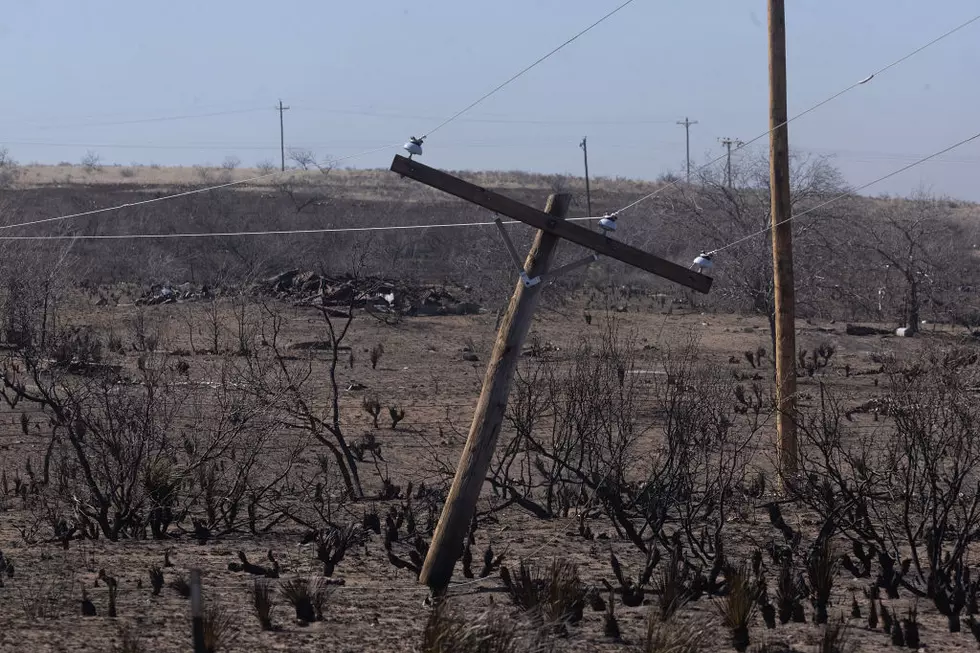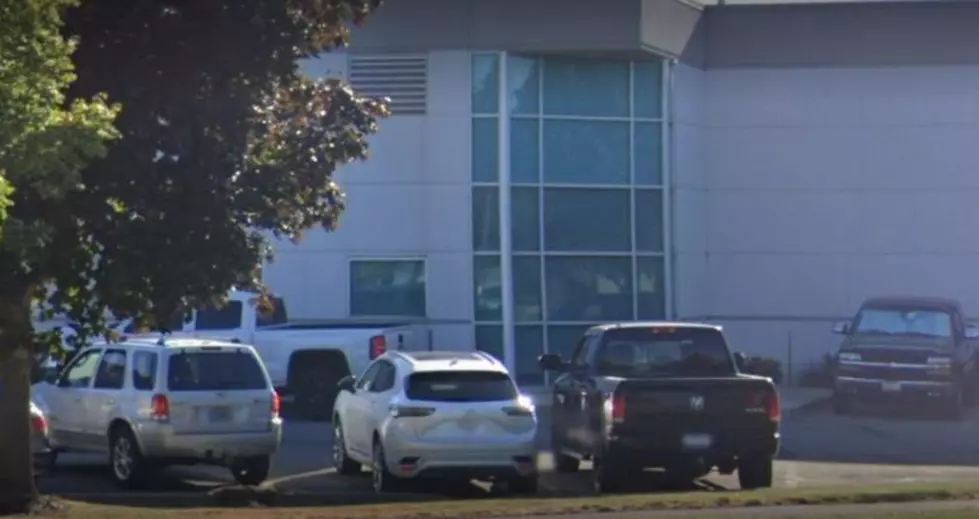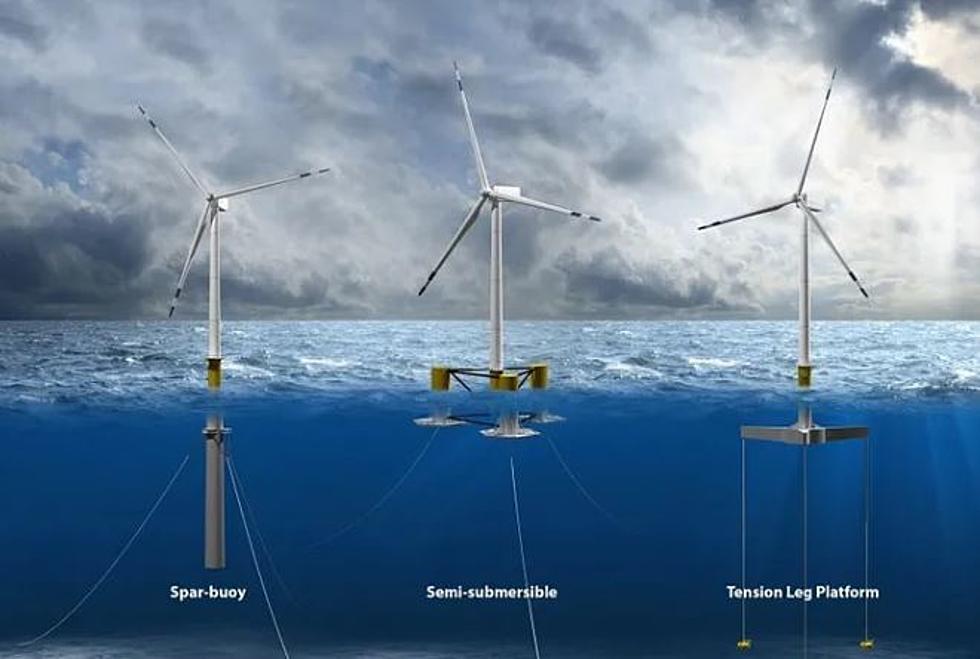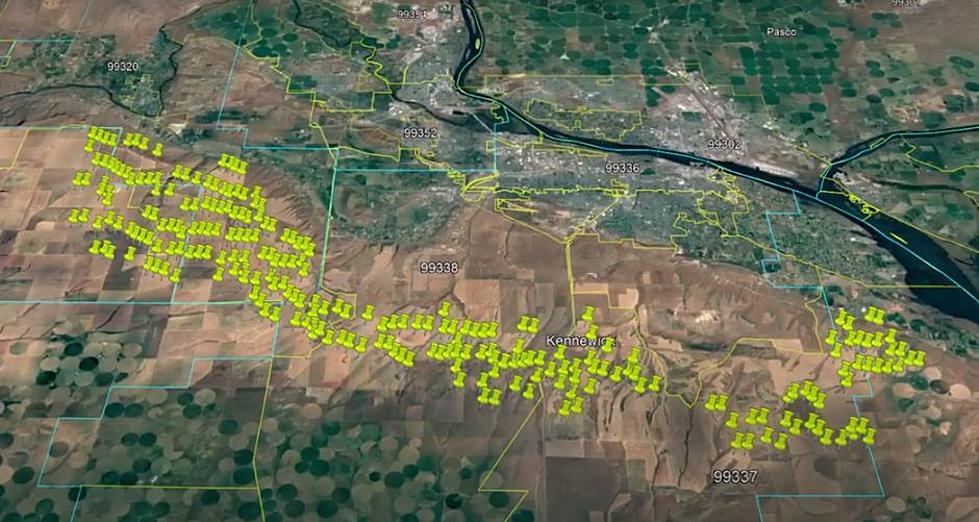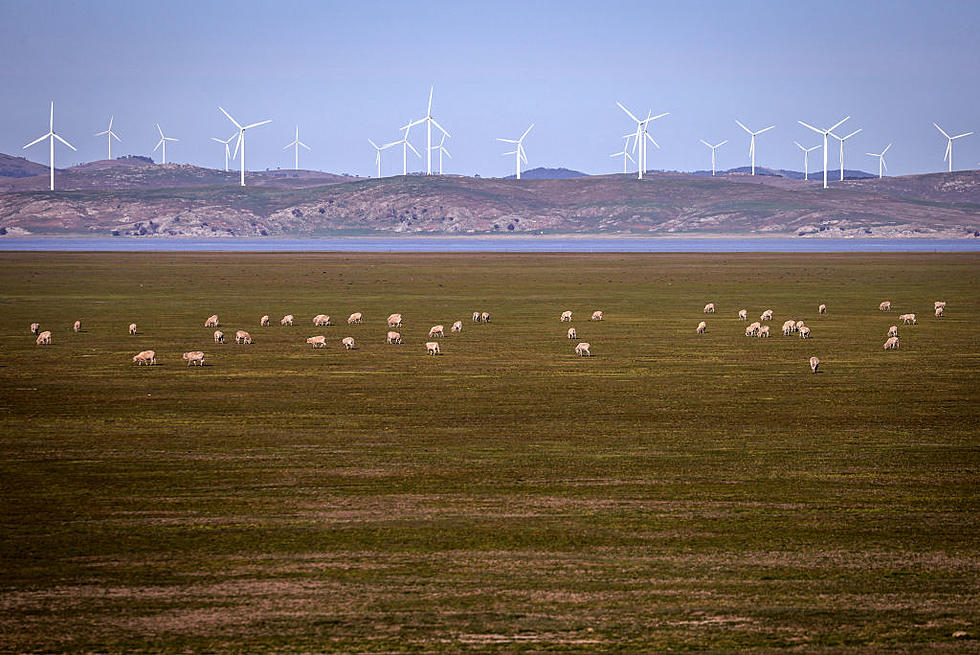
Inslee Veto Kills Most of Wind-Farm ‘Slowdown’ Energy Bill
Several Eastern Washington legislators are 'upset' to put it mildly over Governor Inslee's partial veto of a hard-fought energy bill.
Inslee shoots down requirements for rural input in massive energy projects
In layman's terms, for a number of years now, Eastern WA and other rural areas are being overrun with alternative energy projects, especially wind farms, while that energy is intended for larger urban areas.
Many state officials and out-of-state companies are looking to dump massive wind farms all over rural Eastern WA because of the open spaces. Meanwhile, the local communities have little say in where the state wants to locate these projects.
One of the most recent and notable examples is the Horse Heaven Wind Farm project by Scout Energy of Colorado. They want to put several hundred turbines down the spine of the Horse Heaven Hills but have been met with fierce resistance.
Inslee vetoes House Bill 1812
Inslee vetoed important sections of House Rep Mary Dye's Amendment Bill 1812, which with bi-partisan support, would have allowed much more rural input. According to information released by Dye's office:
"Dye's Amendment 1812, that became part of the sections vetoed by Gov. Inslee, called for a study of the costs and benefits of energy projects expected to be sited in rural communities over the next 30 years, and for a legislative task force to consider the study."
Dye, who hails from Pomeroy, is all too familiar with acres of unsightly and even dangerous wind turbine projects that dot the landscape of southeast WA.
Amendment 1812 would have vastly slowed down this energy siting process, and given rural communities a chance to evaluate and object.

Many of these projects say House Republicans, are basically 'smoke-and-mirrors' when it comes to promises for economic development. Rep. Mark Klicker, who joined Dye in this effort, said this about these companies:
“Those who are living where the green energy is being sited know that the jobs and tax-base impacts have been more salesmanship than substance."
Dye added:
“The big out-of-state energy companies will provide just enough jobs to construct the projects, and when that construction is finished, there will be no long-term employment — just wind machines and solar panels surrounding our rural communities."
The few portions remaining of the bill will take effect at the end of June, 2022.
LOOK: The most expensive weather and climate disasters in recent decades
More From 870 AM KFLD
